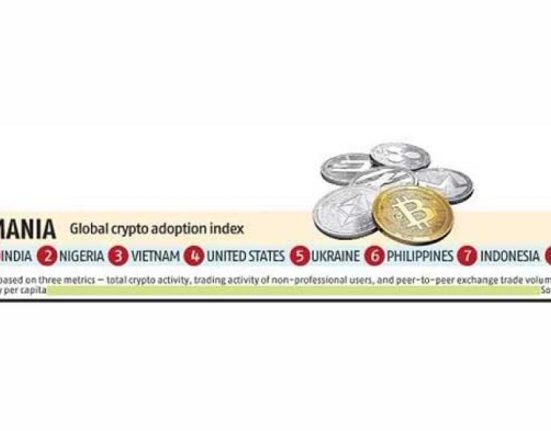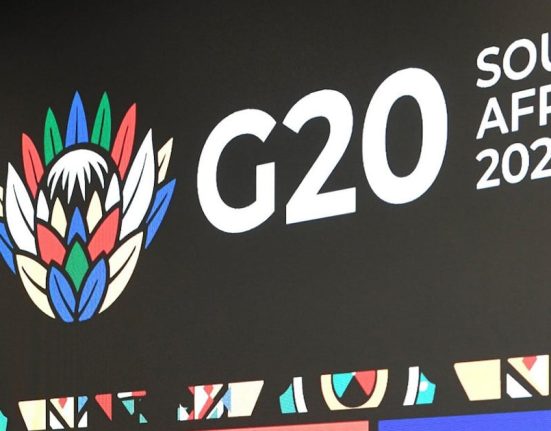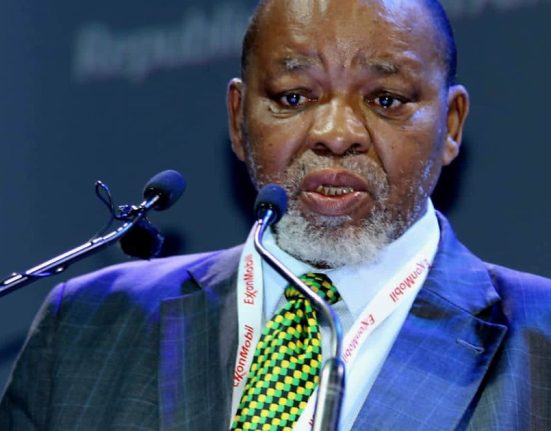Finance Minister Muhammad Aurangzeb said on Wednesday that the government would form the rules and regulations for the cryptocurrency.
Speaking to Samaa TV, Aurangzeb stated that progress had been made on the issuance process and emphasised the importance of attracting investment through capital markets. He stressed the need to remain alert to the developments in virtual currencies, adding that the policy measures would advance once regulatory guidelines were in place.
He said that a regulatory framework for cryptocurrency would also be finalised, following the establishment of the Pakistan Virtual Assets Regulatory Authority, which includes representatives from the State Bank of Pakistan, the Federal Investigation Agency, and anti-money laundering units.
FinMin Aurangzeb reiterated that Pakistan had achieved a degree of macroeconomic stability in recent years, and highlighted that leading international agencies such as Moody’s, Fitch, and S&P had upgraded the country’s credit ratings.
“Pakistan would issue a Panda bond by the end of 2025,” he said.
“Stability is not an end in itself—it must be sustained,” he said, underlining a series of ongoing reforms.
The minister said that improvements in key economic indicators, including a reduction in interest rates. He also confirmed that he would accompany the prime minister on an official visit to China next week.
Aurangzeb termed climate change as an existential issue for Pakistan, recalling that the 2022 floods caused losses worth US$30 billion and cost dozens of lives. He added that over 800 people had already died in this year’s flooding.
The finance minister called for joint investment by the government and private sector in climate-resilient infrastructure, stating that the country must rely on its own resources before seeking international assistance. He acknowledged that while Pakistan received global support in 2022, the lack of viable project planning had hindered implementation.
The minister raised concerns about the unchecked expansion of construction along riverbanks, asking: “How did hotels and houses come to be built on the edges of rivers?”
Aurangzeb affirmed that the country had entered the relief and rescue phase in response to the recent floods, with the next stages to involve recovery, restructuring, and reconstruction.
Commenting on fiscal reforms, he explained that structural changes were underway in the tax, energy, and state-owned enterprise sectors. He noted that tax policy had been shifted from the Federal Board of Revenue (FBR) to the Finance Division as part of a broader reform initiative. The tax return process had also been simplified, reducing the number of required fields from 800 to just 35 or 40.
Aurangzeb stated that efforts had been made to provide relief to salaried individuals in the latest budget.
He also said that the transformation of the FBR would rely heavily on technology. The chairman of the FBR is currently not a member of the Technology Board, although technical experts, including the chairman of NADRA, are represented.
Regarding public sector reforms, the finance minister revealed that reforms were underway across 43 ministries and over 400 institutions. Twenty-four organisations had already been added to the privatisation list. He reiterated that only strategically essential public bodies would be retained.
Aurangzeb confirmed that PWD and Utility Stores Corporation had been closed, and additional decisions regarding other institutions would be taken following cabinet approval. The restructuring would have financial implications and would involve decisions concerning human resources and assets.
He added that voluntary separation schemes would be implemented with dignity and fairness.
“The government was also undertaking tariff reforms. The primary goal of right-sizing public bodies was to eliminate corruption, which would result in significant savings for the national exchequer,” the financial czar added.
He pointed to the misuse of subsidies as another area under review, noting that some financial bleeding had already been halted.
Aurangzeb also commented on the IMF agreement, confirming that Pakistan had signed the Extended Fund Facility (EFF) with the Fund.
He said: “Pakistan must address population growth and environmental degradation to achieve the target of becoming a US$3 trillion economy by 2047. Failure to do so, he warned, would prevent the country from realising its full potential.”





